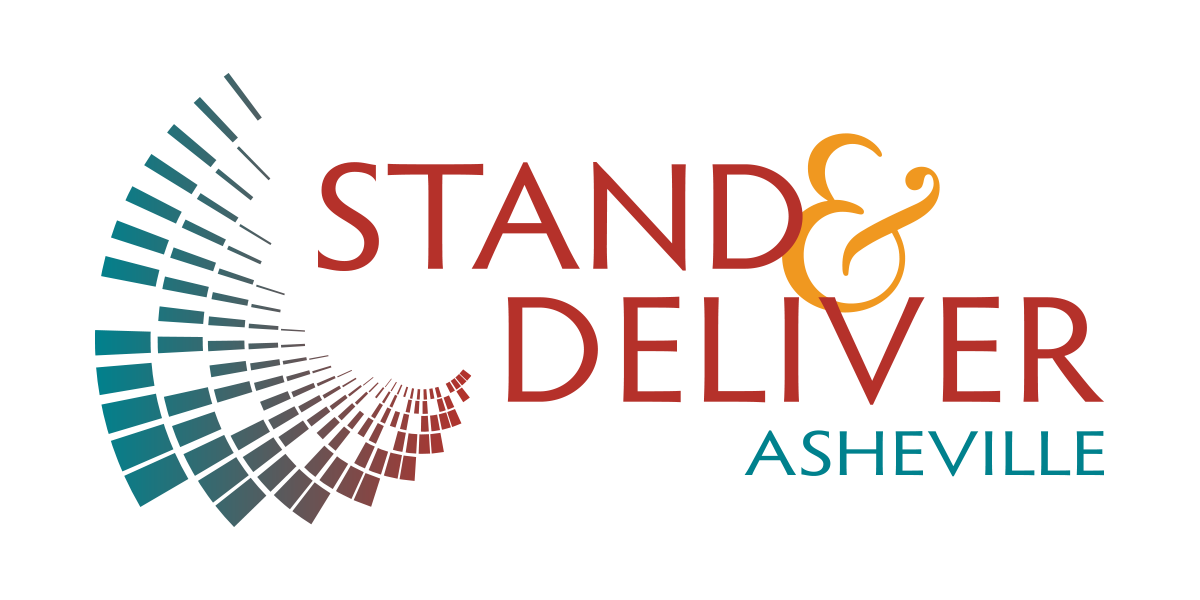Can speaking skills transform in 2 hours?
10am: Karen stands. Introduces herself. Then, says, “I’m not very good at this.” [public speaking]
Noon: Karen stands for our final speak-up activity and says, “I believe I can do this!”
This transformation is not an anomaly.
A shift from “I can’t, to I can,” happens with many of my clients. If you are like Karen, you’ve associated your fear responses: increase heart-rate and shortened breaths and more….to mean you are not a good speaker. Not true!
Feeling doesn’t equal meaning.
After Karen announced she’s not a good speaker, I said, “you made exceptional eye contact, used gestures freely and spoke with a friendly tone – all characteristics of a good speaker. This created dissonance between what she believed and my feedback. Now, she was free to reconsider.
And so are you.
Next time you speak, notice what speaking skills you use. I promise – you are already using skills that benefit your speaking style. Notice your strengths, rather than berating your weakness. And that feeling in your chest and shortness of breath – that has nothing to do with whether you a good or bad speaker. It’s a physiological response most people experience.

